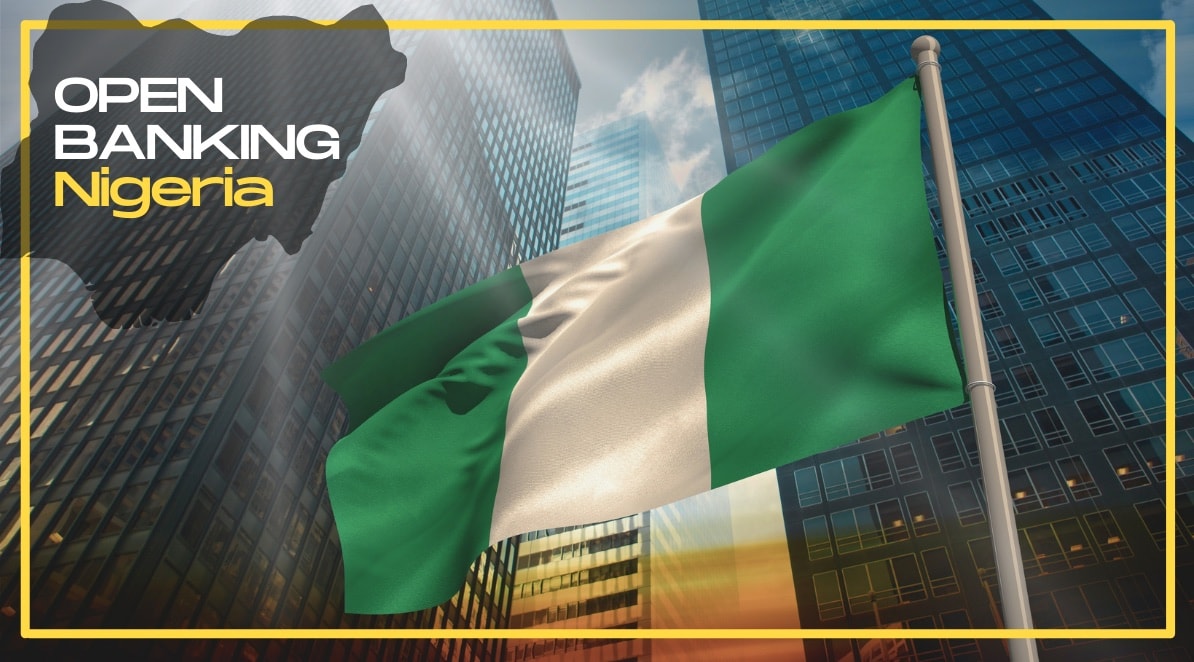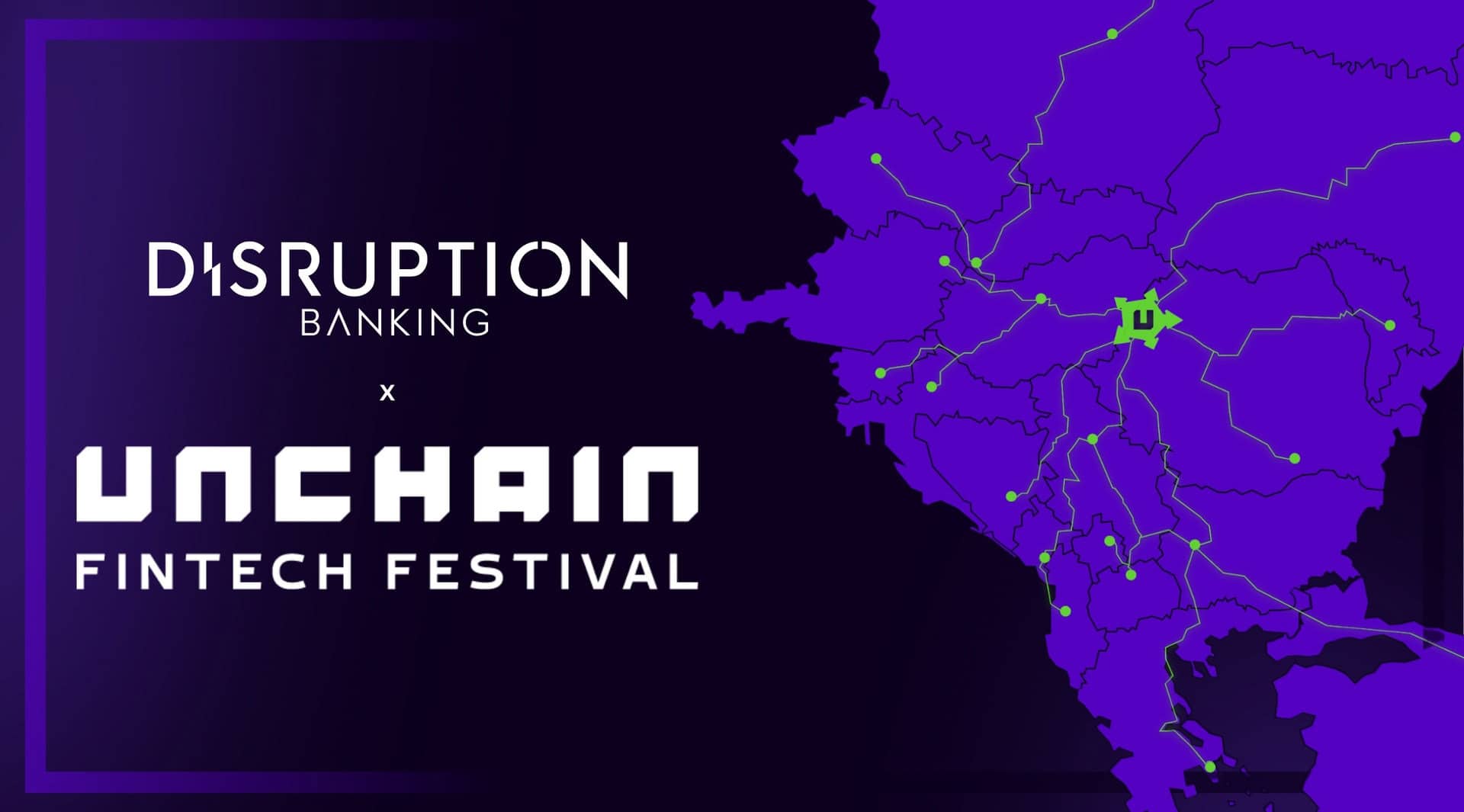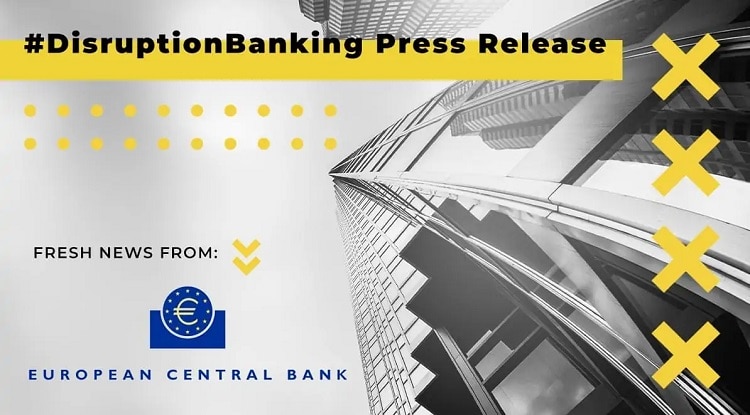Plans by Nigeria’s central bank to allow banks to share customer information and product technology have the potential to kick-start competition in the sector.
The central bank issued its regulatory framework for open banking in February. The framework sets out the principles for data sharing across the banking and payments industries to promote innovation, increased product choice and more financial inclusion. The bank aims to get common banking industry Application Programming Interface (API) standards ready by February 2022.
The potential for open banking is huge in a country with a population of more than 200m. The United Nations says that Nigeria has the fastest-growing population among the world’s top 10 most populous countries, and forecasts Nigeria will overtake the US to have the world’s third-biggest population by 2050. Nigeria’s demographic structure is much younger than either the US or China, with a current median age of 18.
There are 73m active bank users, creating a huge amount of customer data which remains underexploited. Nigeria’s national target is for 95% of the adult population to have access to formal or informal financial services by 2024. Progress from the 2019 level of 63% has been slowed by distrust of formal financial services, low incomes, COVID-19 and the fact that many still don’t have access to digital banking platforms.
Open banking has the potential to “greatly improve banks’ risk management systems, with the possibility of assigning reliable credit scores” with access to customers’ financial history, says Joshua Odebisi, financial services analyst at Vetiva Capital Management in Lagos. “This will greatly improve the risk allocation system across the industry.”
The ability for third-party service providers to create products or move accounts between banks would greatly increase competition within the industry and may cause capital and funding issues for underperforming banks, Odebisi adds.
Open banking has the potential to accelerate growth across the financial-services industry, with the biggest winners likely to be those who can leverage data to drive sales, Odebisi says. Digital-only banks such as Kuda, Vbank and Wema Bank’s ALAT all have the potential to benefit, as do established banks like Guaranty Trust Bank (GTB), Zenith and Access, he adds.
Nigerian banks such as GTB, the country’s biggest by market value, Sterling Bank and Access Bank have moved to adopt holding company structures as a way to diversify into other areas such as asset management and insurance.
Among the established banks, those with a holding company structure are best placed to benefit from open banking, says Ifeanyichukwu Josiah, investment bank analyst at FSDH Group in Lagos. Such banks will be able to establish non-banking subsidiaries. “With a holding company structure, traditional banks can easily create a fintech arm.”
Aggregation
While implementation in Nigeria tends to take time, the central bank does follow through on its initiatives, says Toritse David, investment banking analyst at Standard Bank in Lagos. “I do believe it will happen.”
The initiative “has the potential to grow the market,” David says. Corrupt practices such as money-laundering will be reduced as it will become “harder to hide within the system.” The move will “break down the barriers of inefficiencies” and could mean lower fees. Shared services will mean there is no way to charge exorbitant fees. “Everyone will be looking for first-mover advantage.”
David expects that Chinese walls will exist between banking and other financial services like asset management and insurance, and sensitive personal information won’t be shared. Still, open banking help banks understand their clients’ financial behaviour, says Damilola Olupona, an analyst at Chapel Hill Denham in Lagos. “Understanding these behavioural patterns can unlock opportunities for banks looking to transition or diversify” into asset management and insurance. Banks will also be able to more easily assess customers’ credit worthiness, reducing default risk and asset deterioration, Olupona adds.
Open banking makes possible aggregation platforms, allowing banks to offer different financial services to customers. Customers are able to manage bank accounts, investments, loans and savings products from different providers in a single application. Josiah points to the example of Moneyhub in the UK as an example of a fintech providing aggregation and analytics services. “This concept can be reciprocated in the Nigerian financial ecosystem and the need is essential,” Josiah says.
Pushback
Open banking in itself is unlikely to dramatically increase banking penetration. The move “does nothing for the underserved demographics” that are at the centre of Nigerian banks’ growth strategies, says Odebisi at Vetiva.
There remains significant distrust of banks in Nigeria, especially amongst the Millennials and Generation Z, Josiah says, meaning open banking players will have to educate people on the advantages and safety of data sharing. There will be some pushback from users who may not want their data to be made available, says Odebisi. The risk of data breaches will have to be mitigated with a robust cyber security system to protect users’ data, he says. There is some risk that low-income customers may lose out if their financial history is shared, but this also creates opportunities for new financial services to address difficulties such customers have, Odebisi adds.
Financial literacy in Nigeria remains low, which could hamper immediate acceptance of open banking and lead to slower adoption relative to more advanced economies, says Olupona at Chapel Hill Denham. Nigeria’s low per head incomes and smartphone penetration means that, in the short term, low-income customers will be excluded more easily, he adds. But as smart phones become cheaper, there is likely to be more inclusion of low-income clients over the medium term, he adds. Nigeria’s 2020 smartphone penetration level of 49% lags behind emerging markets such as Russia (68.5%), China (63.4%), Indonesia (58.6%), and Brazil (51.4%). Chapel Hill Denham forecasts penetration growth of 5% a year in Nigeria, leading to a rate of 74% in 2025.
Josiah gives the example of Paga, a mobile payments business backed by former Goldman Sachs Asset Management Jim O’Neill and venture capital investor Tim Draper, as a potential leader in drawing low-income customers into open banking. The company has a developed network of agents in rural communities. The biggest barrier, Josiah says, is education, where banks “still have a lot of work to do. Educating the masses would be needed for people to welcome the value of data sharing.”
Fintech
Technical hurdles remain to be overcome. It takes considerable effort to integrate with a third-party service, which can negatively affect the time needed to launch products, Josiah says. Currently, start-ups in Nigeria have to integrate with each bank, which can take months or even years. Even when two banks use the same software, such as Finacle or Flexcube, barriers remain due to customized elements within each implementation. According to Open Banking Nigeria, a non-profit organisation in Lagos, a key task for the central bank and other stakeholders is to establish a clear roadmap towards publishing a shared API standard.
Further, open banking could lead to the weakening of customer relationships with banks as customers could decide to deal directly with fintechs, argues Josiah. “This is one aspect that banks would be afraid of” and it may “increase their reluctance in partnering for open banking,” he says. “There is also the reputational risk associated with data breaches”, even if the breach did not directly occur on a bank’s platform.
Olupona argues that data gleaned from open banking will serve as a major resource in ensuring that fintech companies can provide solution-driven products. It will also provide “leg room” for fintechs to scale their customer bases and diversify product offerings, he says. Ultimately, says Odebisi, the adoption of the open banking system has the potential to drive the Nigeria’s financial-services industry to the African forefront, if executed and regulated correctly. “Even if there is some resistance, the positives far outweigh the negatives for both the customers and the service providers.”
David Whitehouse is a freelance journalist in Paris and business editor at The Africa Report.















